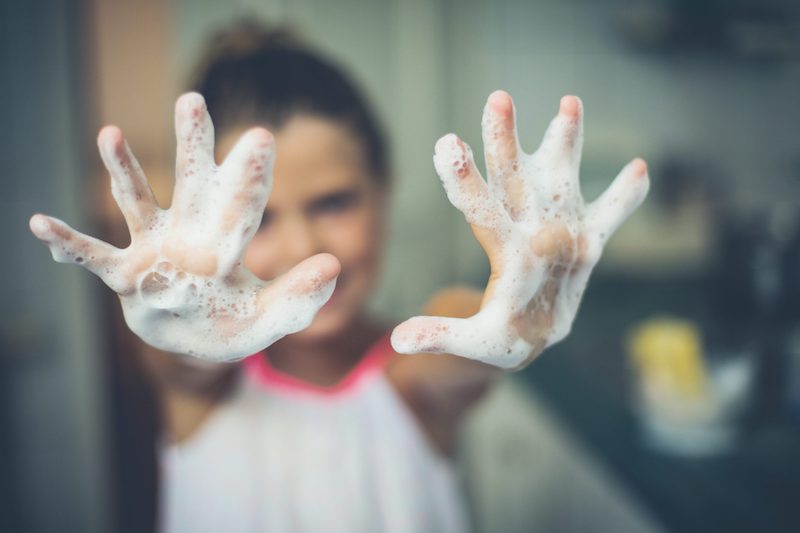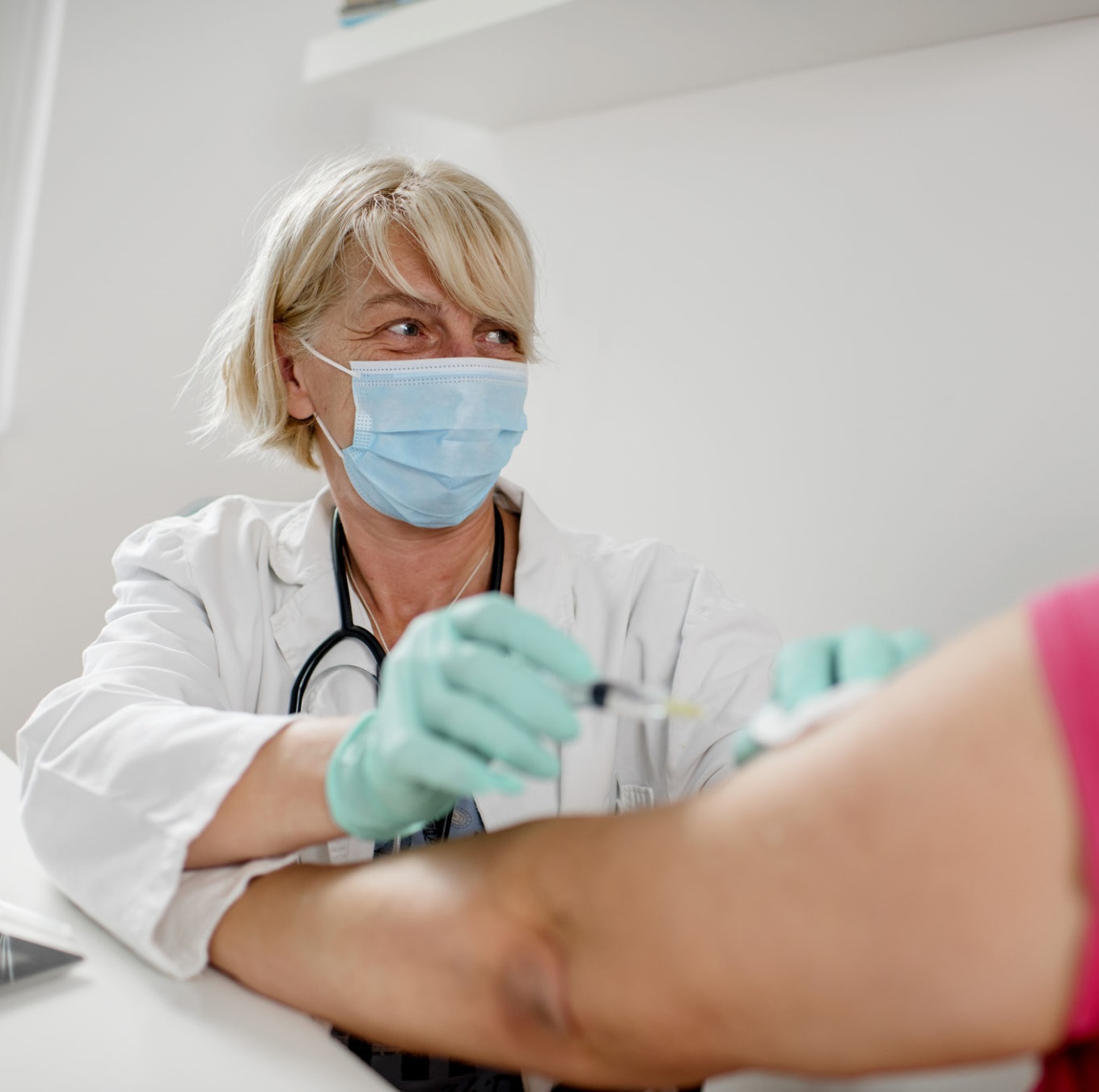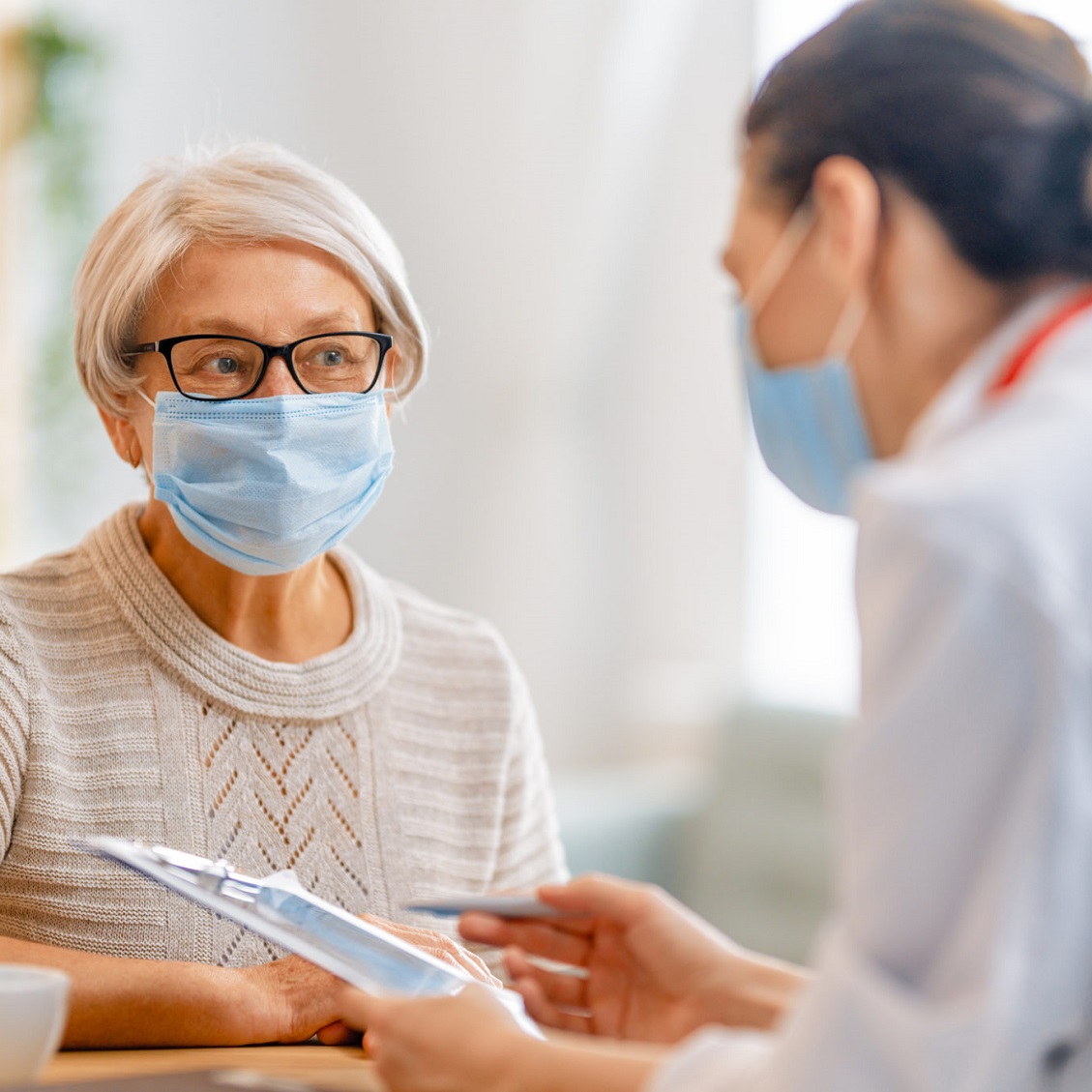How Does Soap Work?

August 11, 2020
Many types of bacteria and viruses, including the new coronavirus (COVID-19), can live on your hands and enter your body when you touch your eyes, nose or mouth, or the food you eat. Washing your hands regularly with soap and water is one of the most effective ways to remove these germs and avoid getting sick. But how does it actually work?
How Soap Gets Rid of Germs
Soap doesn’t actually kill germs on our hands, it breaks them up and removes them. Here’s how:
It’s common for us to have oil or grease on our hands from everyday activities. When our hands are dirty, germs can stick to that oil or grease. Using water alone to clean your hands doesn’t work, because water and oil don’t mix (as you know from your bottle of Italian salad dressing). The grease and germs remain stuck to your hands.
“Soap is the magic elixir that helps combine water and oil, breaking down the germs,” shares Monika Wolaniuk, D.O., family medicine specialist at Hackensack Meridian Medical Group. “Pin-shaped soap molecules have one end that bonds with water (the hydrophilic head) and the other end that bonds with oils and fats (the hydrophobic tail). When you build up a soapy lather, the molecules help lift the dirt, oil and germs from your skin. Then, rinsing with clean water washes it all away.”
How to Wash Your Hands
It’s best to use clean, running water (warm or cold) to wet your hands. Work up a really good lather by rubbing your hands together with the soap, paying close attention to the backs of your hands, under your nails and between your fingers. Scrub for at least 20 seconds, longer if your hands are really dirty. Rinse off all the soap under clean, running water and dry your hands well with a clean towel, or by air drying. Here’s a quick video with five handwashing tips.
Does Hand Sanitizer Work?
The best way to get rid of germs is to wash your hands with soap and water, but hand sanitizer can be a quick and convenient alternative if soap and water are not readily available. If you’re using hand sanitizer, find one that has at least 60% alcohol content, and make sure to let it dry completely before touching anything.
“Hand sanitizer does kill some germs, but it won’t eliminate all types of germs and is not effective at removing harmful chemicals, like pesticides,” says Dr. Wolaniuk. “Hand sanitizers are also not great at cleaning hands that are visibly dirty or greasy. Overall, you should stick to soap and water if you can.”
Should You Use Antibacterial Soap?
The short answer is no. “There’s a common misconception that antibacterial soap is more effective than plain soap and water,” says Dr. Wolaniuk. “But research shows that it’s no more effective, and some data suggests that it may even be harmful to use antibacterial soap long-term.”
In 2019, the Food and Drug Administration (FDA) actually banned manufacturers from marketing antibacterial soaps that contain triclosan and triclocarban (the main active ingredients in antibacterial soaps) to the general public.
Resources and Next Steps
- Meet our clinical contributor: Monika Wolaniuk, D.O.
- To make an appointment with a doctor near you, call 800-822-8905 or visit our website.
The material provided through HealthU is intended to be used as general information only and should not replace the advice of your physician. Always consult your physician for individual care.
Find a doctor near me
5 of the Germiest Spots in Your Office
Reduce workplace germs! Learn about 5 germiest office spots (toilets, keyboards, phones more) and simple cleaning tips for better hygiene. Improve your health.
Carry These 5 Things with You to Help Prevent COVID-19

When you head out to go shopping, visit your favorite restaurant or just go about your daily life – there are a few things you should always have handy to help limit the spread of germs:
Find a doctor near me

Reduce Your Fear of Needles
A fear of needles can seem debilitating. Here are some tips to help overcome the phobia.

Can You Get COVID Twice?
Can You Get COVID Twice? Learn about COVID-19 reinfection from Drs. Nehmad and Unuigbe. Get the facts and stay safe. Call 800-822-8905.

5 Questions to Ask Your Physician at an Annual Physical Exam
Getting an annual physical exam is an important step in staying healthy. It’s an opportunity to touch base with your primary care physician while you are healthy so you can stay that way.

When to Seek Care for a Fever
High fever? Learn when to seek care. Dr. Shim explains fever symptoms needing medical attention for adults and children. Get help now.
